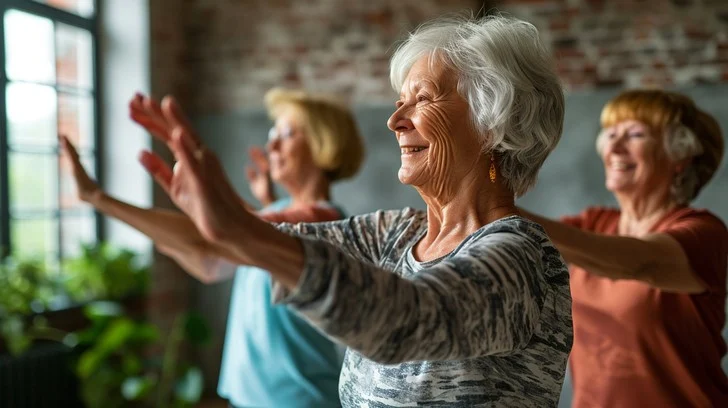If you’re in your thirties and still treating fitness like a college hobby, new research suggests it’s time for a wake-up call. Scientists have discovered that power training – not strength, cardio, or flexibility – may be the most crucial fitness component for determining how well you’ll age and how long you’ll live.
A groundbreaking 20-year study involving thousands of adults has revealed that power (the ability to move fast and explosively) is more strongly associated with longevity than any other fitness measure. This finding is particularly relevant for people in their thirties because power begins declining earlier and more rapidly than other physical capabilities.
The urgency of starting power training in your thirties becomes clear when you understand the timeline of physical decline. While strength and endurance can be maintained relatively easily into your sixties and beyond, power peaks in your late twenties and drops precipitously without specific training. This decline explains why many people feel “old” despite maintaining their strength and cardiovascular fitness.
Power training’s importance goes beyond athletic performance to fundamental life skills. The ability to catch yourself when you fall, react quickly to avoid accidents, or handle unexpected physical demands all depend on power. These capabilities become increasingly important as we age, making power training an investment in future independence and safety.
The good news is that power training is often more enjoyable and time-efficient than traditional fitness approaches. Because it emphasizes quality movement over quantity and uses moderate loads moved at high speed, sessions can be shorter and more engaging. Many people find explosive movements more fun because they feel more like play than work, making it easier to maintain consistency over the decades when it matters most.

